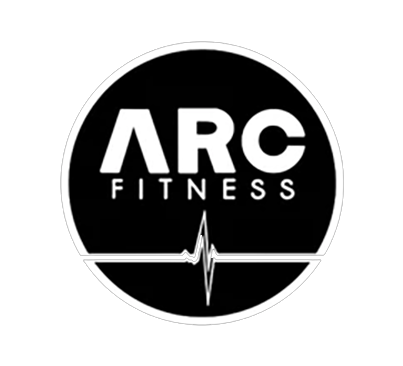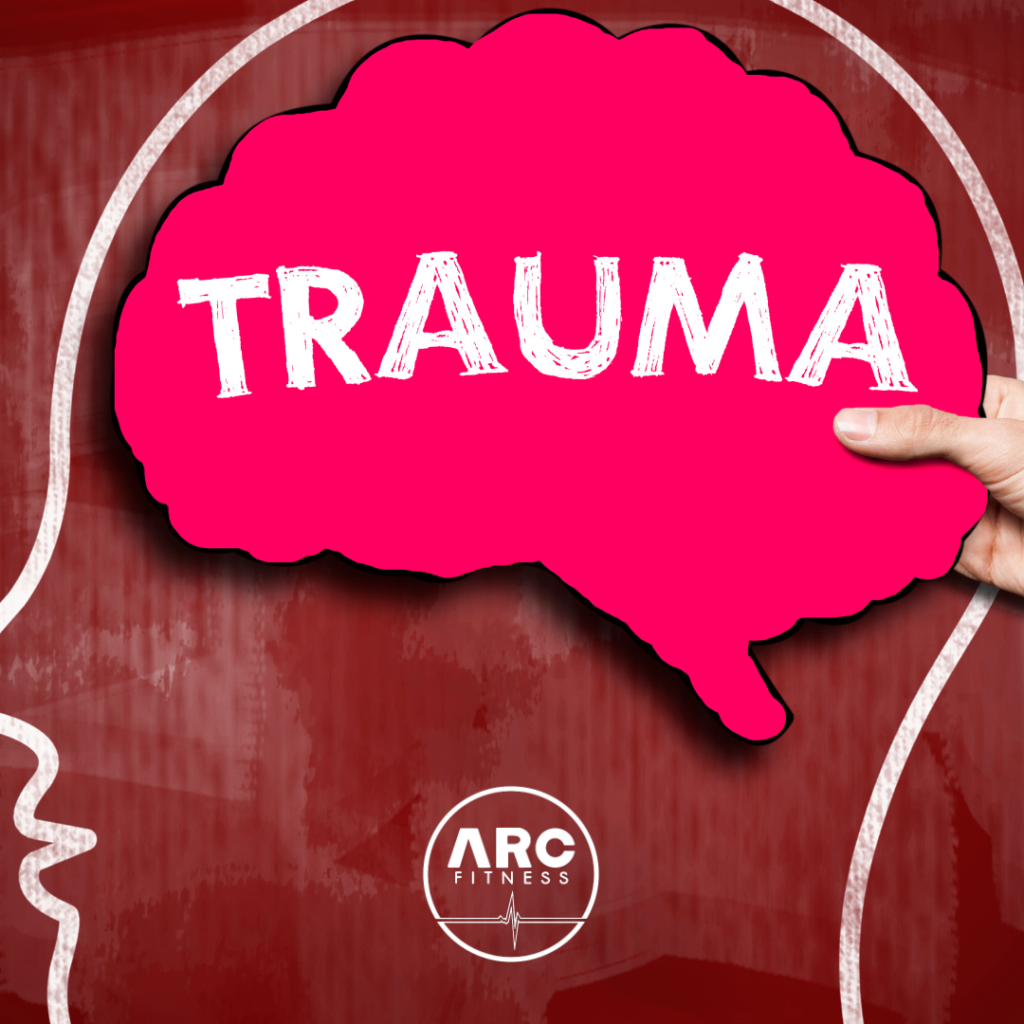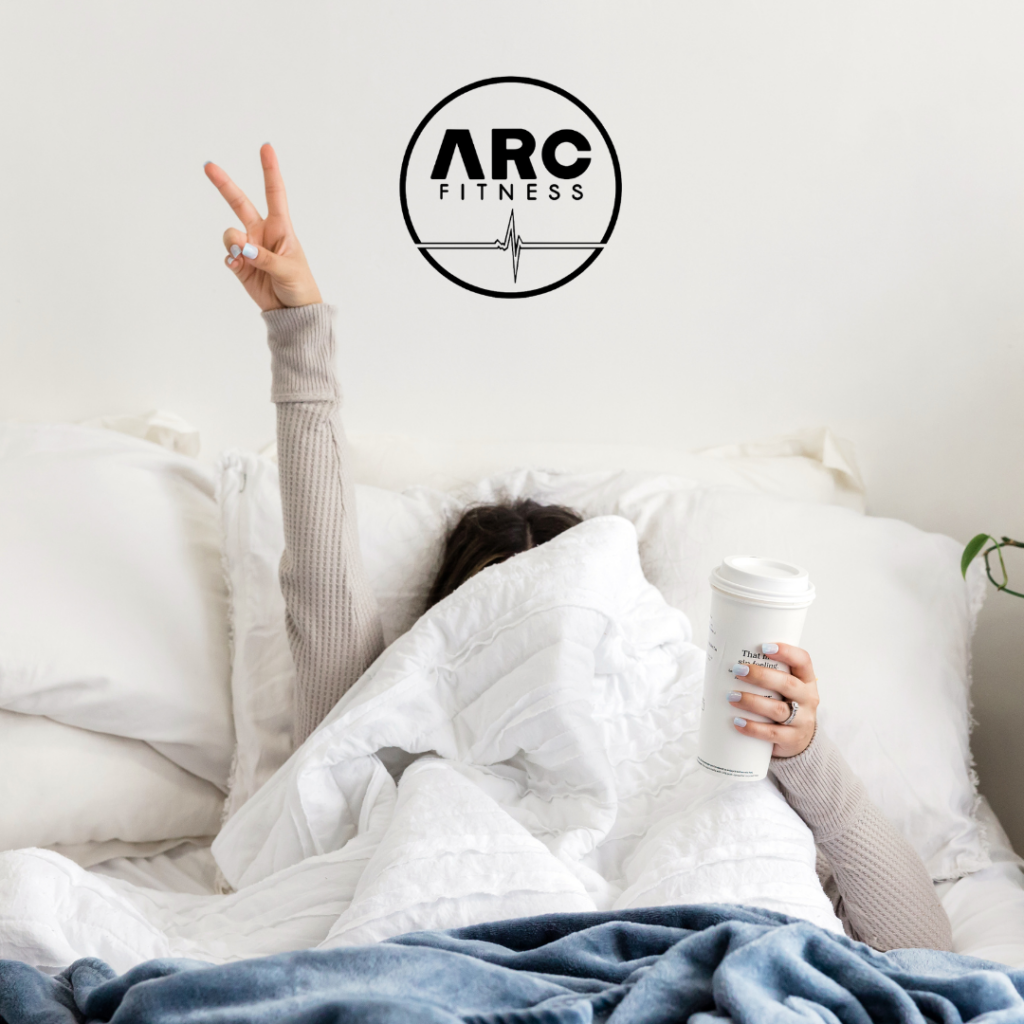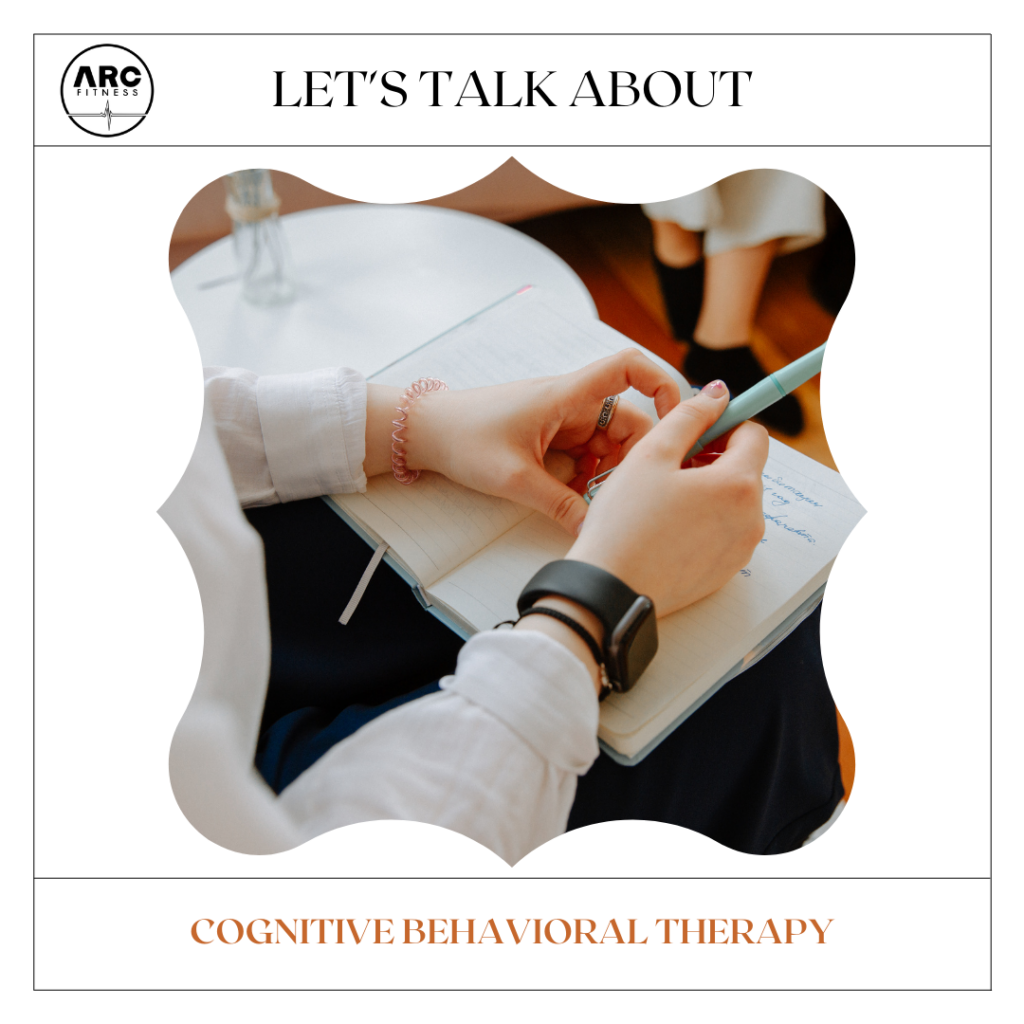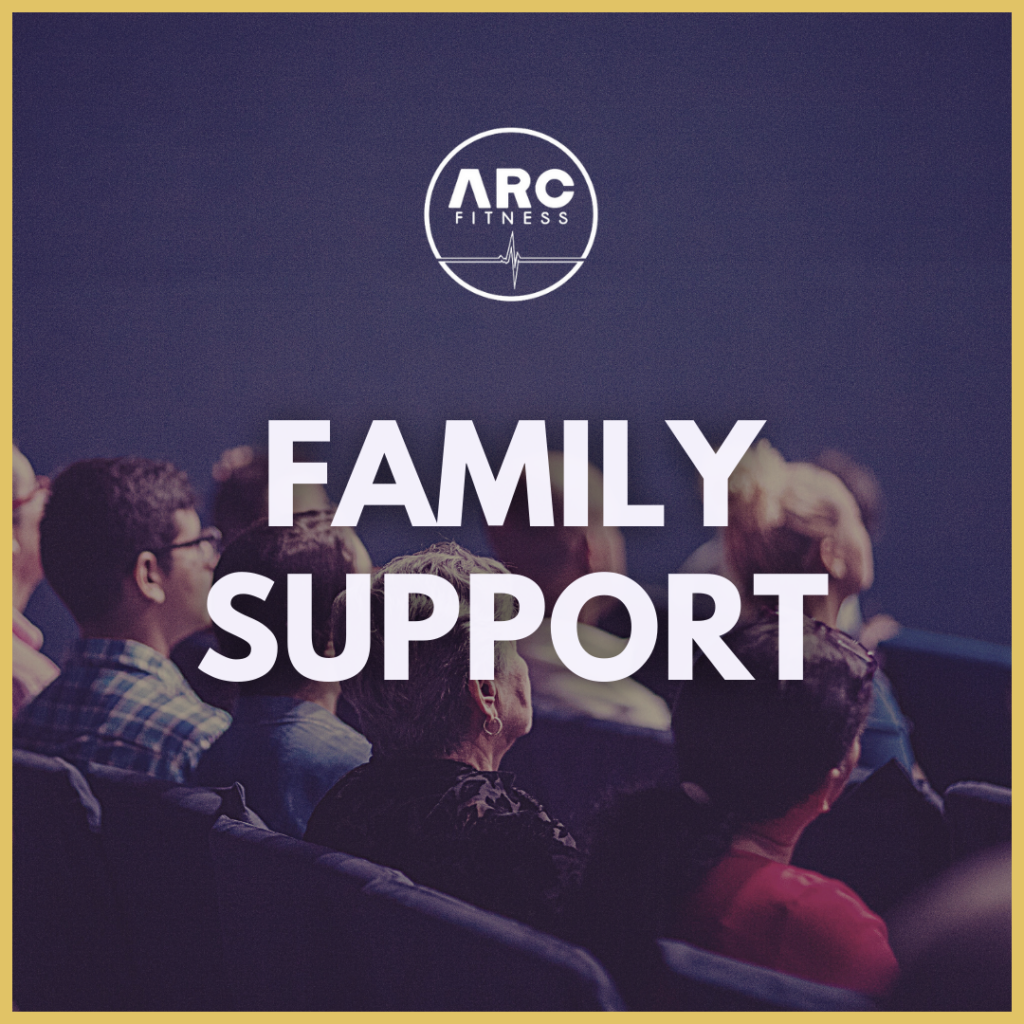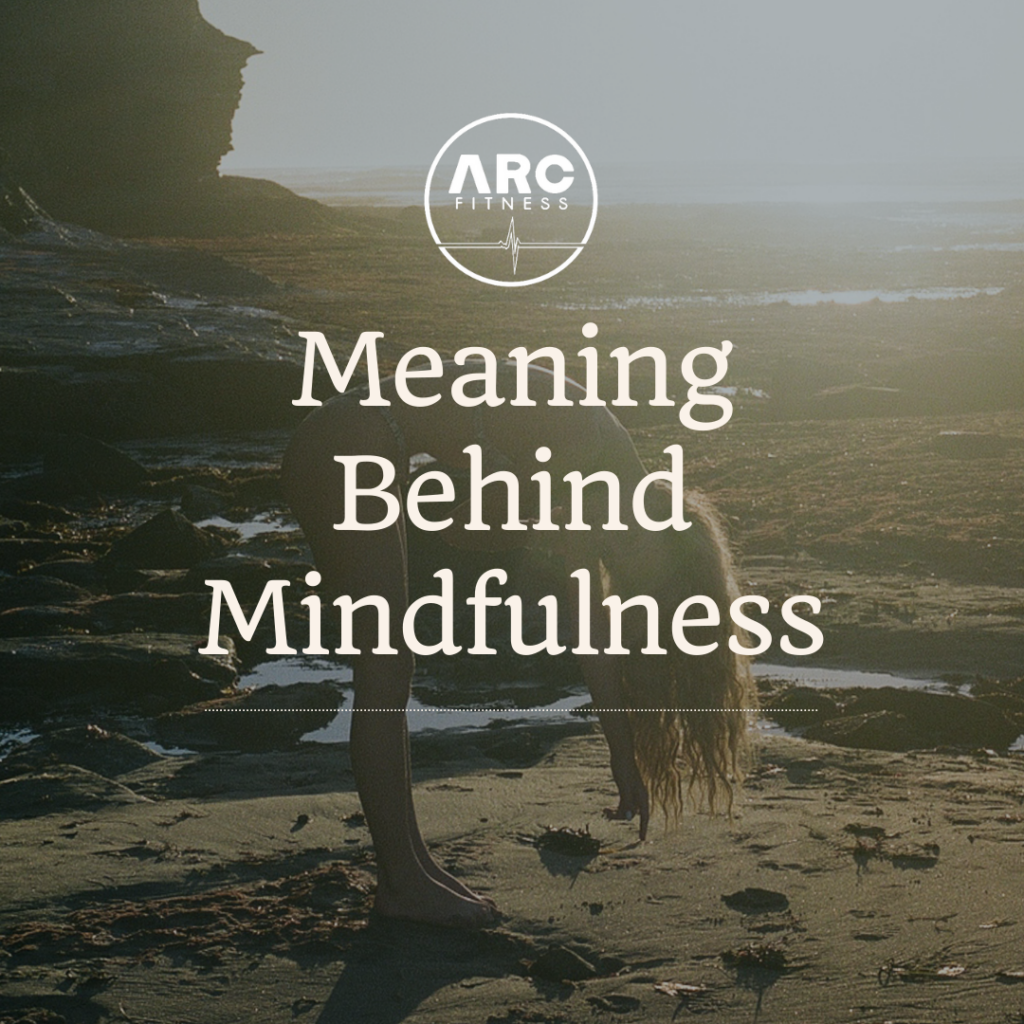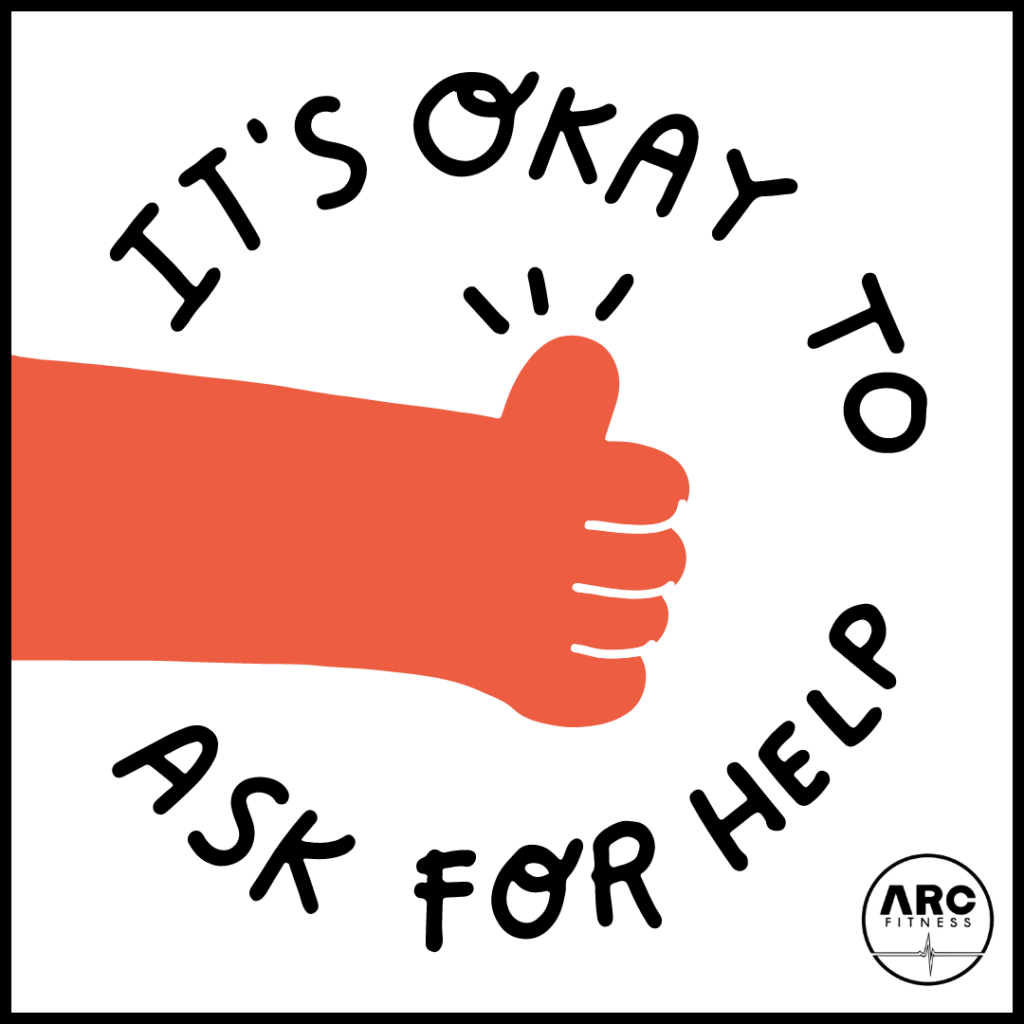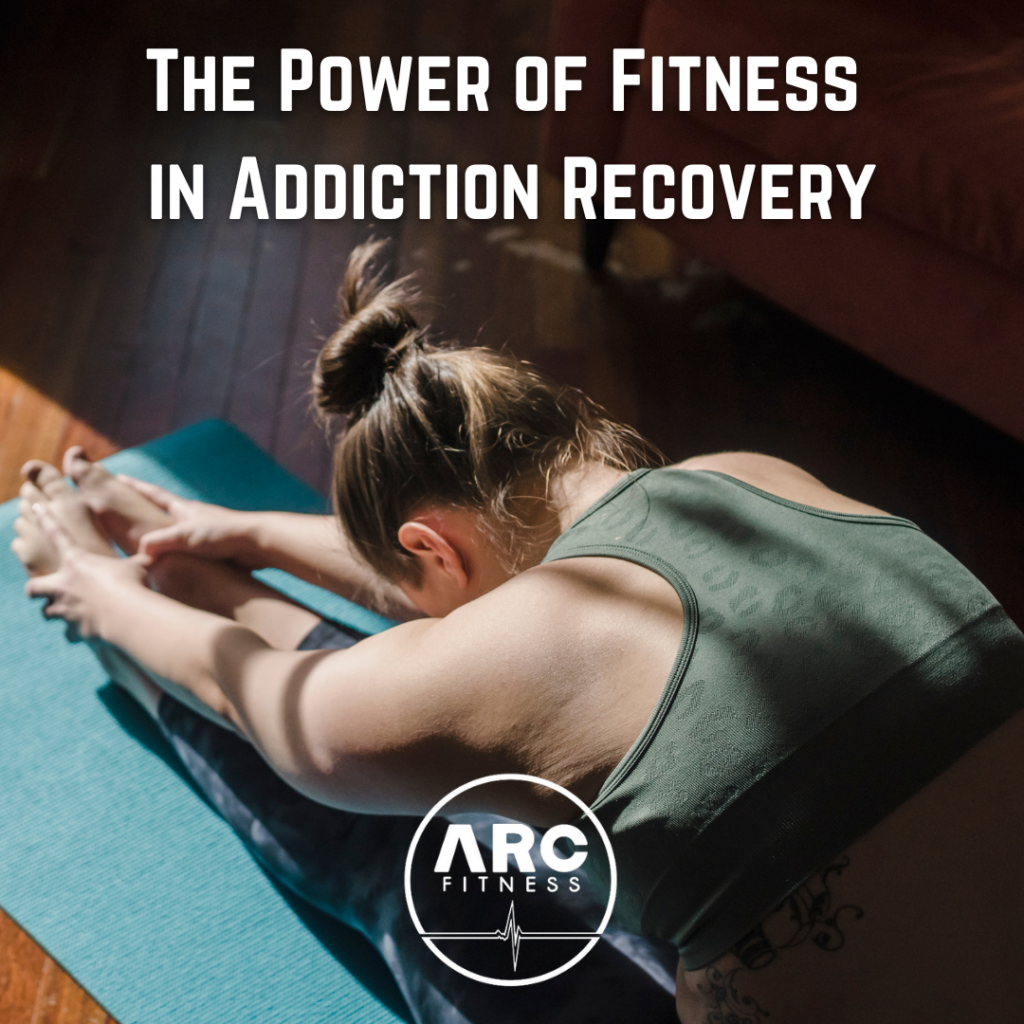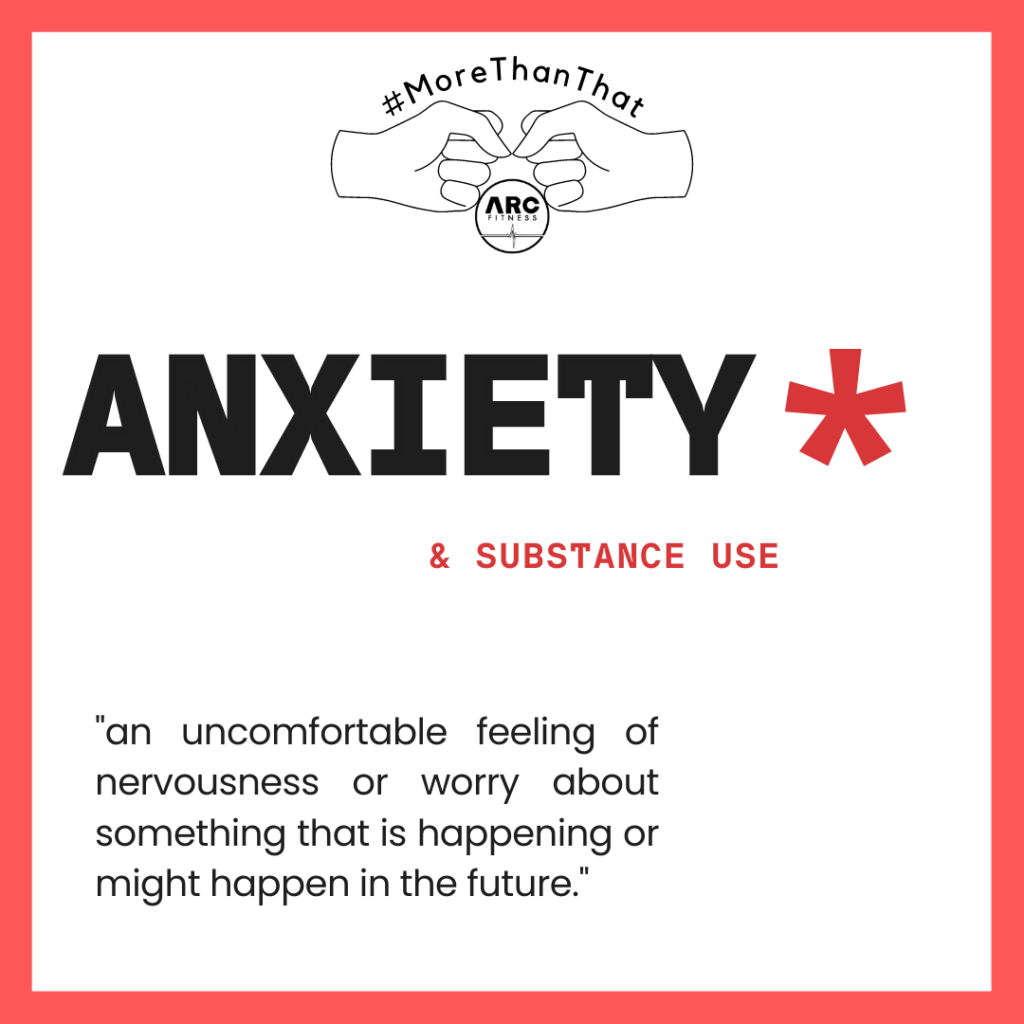No products in the basket.
Introduction Addiction is a complex condition that affects millions of people worldwide. It can manifest in various forms, such as substance abuse, gambling, or even excessive shopping. While addiction has multiple contributing factors, one significant aspect often overlooked is the connection between trauma and addiction. Trauma, whether experienced in the form of physical, emotional, or […]
